
Reasons Why Your Water Heater Isn't Working Properly
View Article
-
Expert Tips
-
General HVAC

Reasons Why Your Water Heater Isn't Working Properly
View Article
Expert Tips
General HVAC
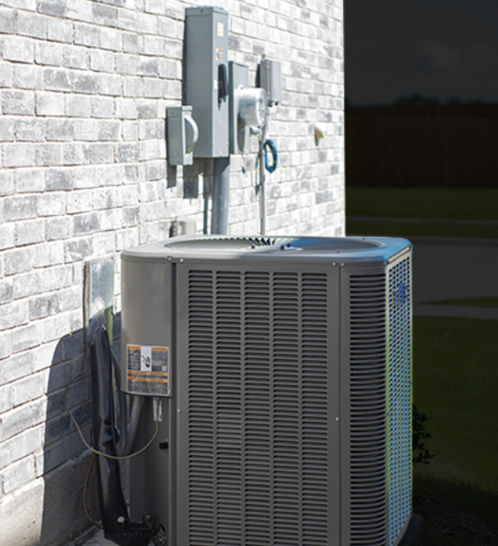
Emergency AC Repair: When to Call for Immediate Assistance
View Article
Expert Tips
General HVAC

Benefits of Getting a New Water Heater
View Article
Expert Tips
General HVAC

Signs You Need a Water Heater Replacement
View Article
Expert Tips
General HVAC
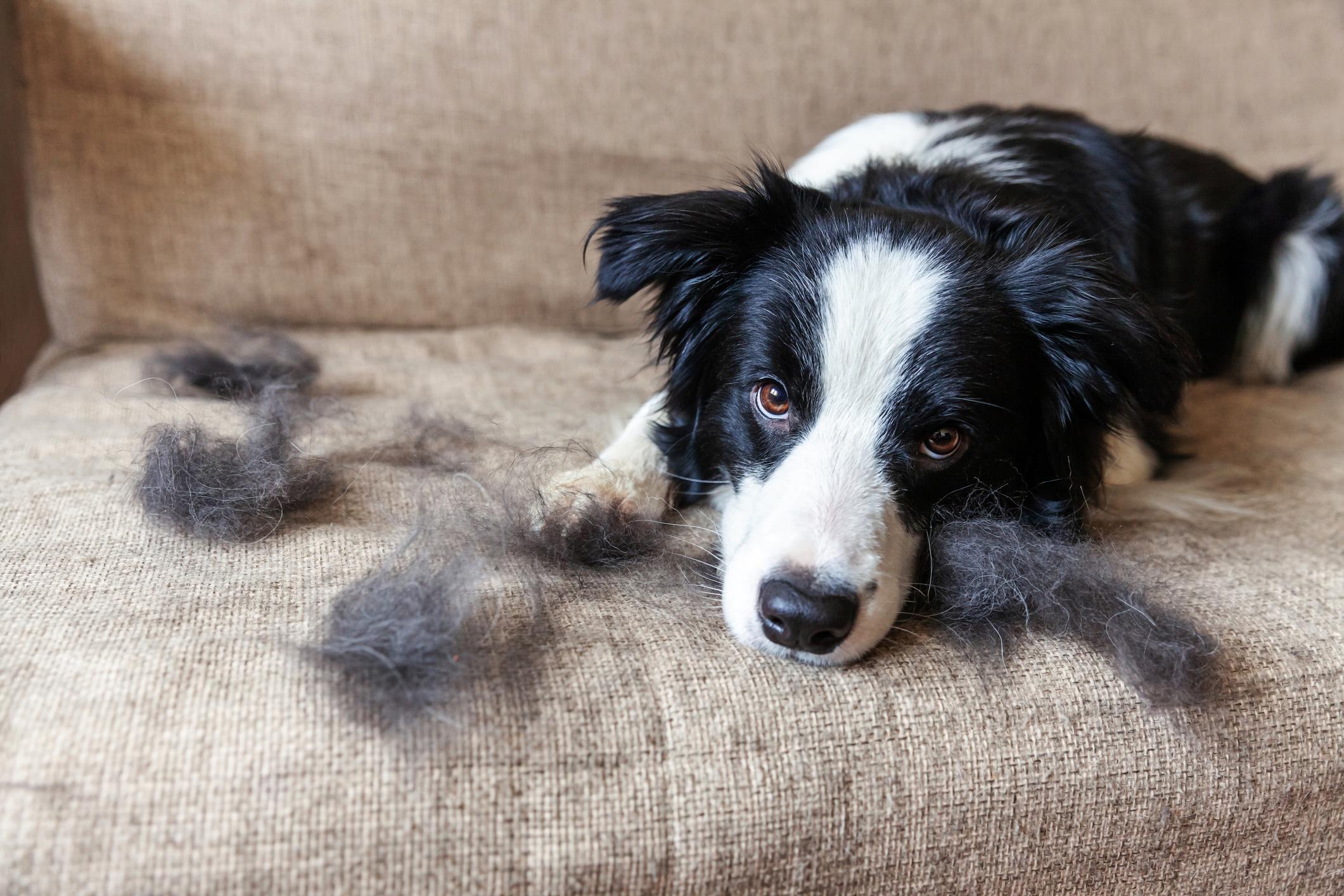
How to Get Rid of Dog Smell: HVAC Tips for a Fresher Home
View Article
Expert Tips
General HVAC
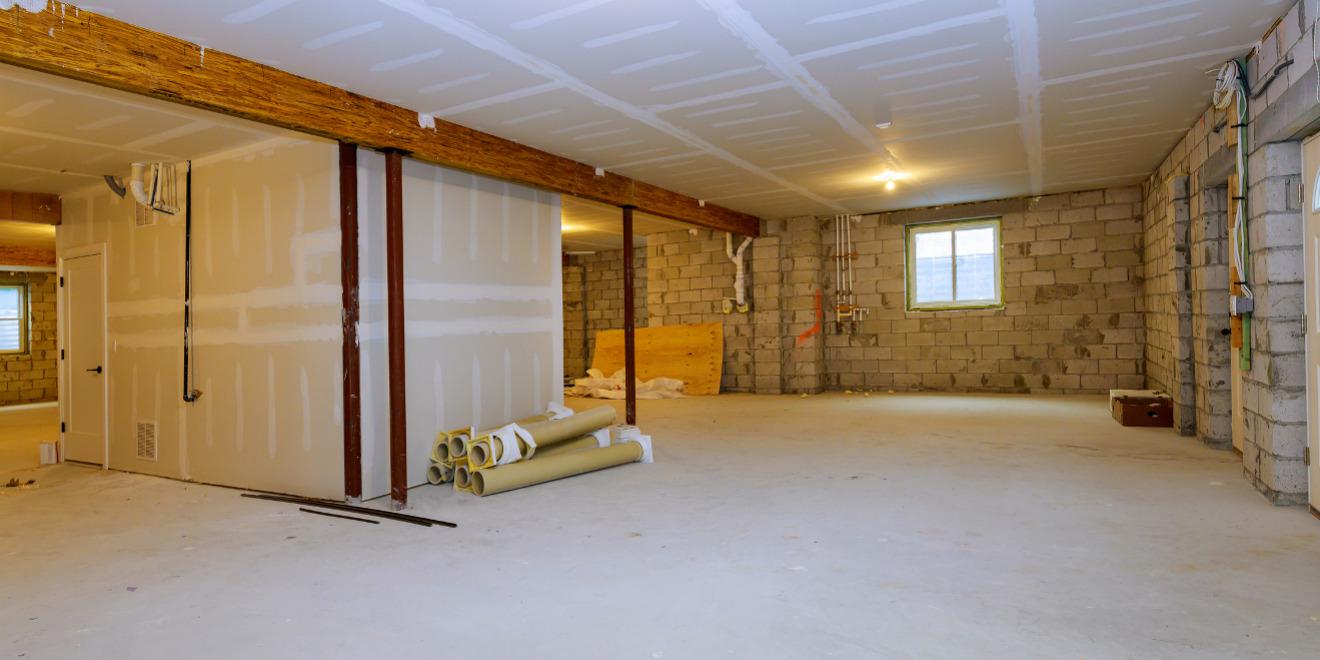
How to Insulate Basement Ceiling: A Step-by-Step Guide for Energy Efficiency
View Article
Energy Efficiency
Expert Tips
General HVAC
Home Life
Home Maintenance

Put It All on the (Drain) Line: HVAC Condensate Lines
View Article
Air Conditioners
Air Handlers
Expert Tips
General HVAC
Home Maintenance

What Is HVAC Tonnage?
View Article
Expert Tips
General HVAC

HVAC Blower Motors: What They Do and How They Work
View Article
Air Conditioners
Air Handlers
Expert Tips
General HVAC
Heat Pumps

The Whole Story on Whole-House Fans
View Article
Expert Tips
General HVAC
Home Life

A Heat Wave Can be an Emergency
View Article
Air Conditioners
Expert Tips
General HVAC
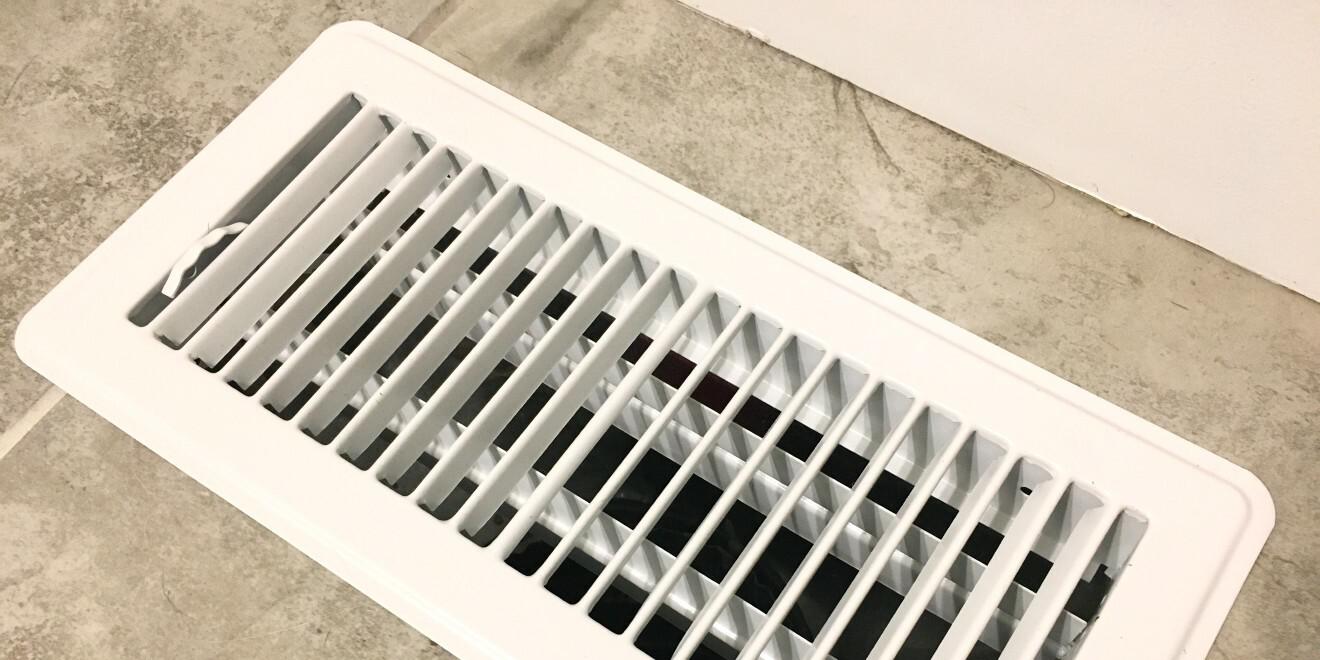
Are Duct Booster Fans Worth It?
View Article
Ductwork
Expert Tips
General HVAC
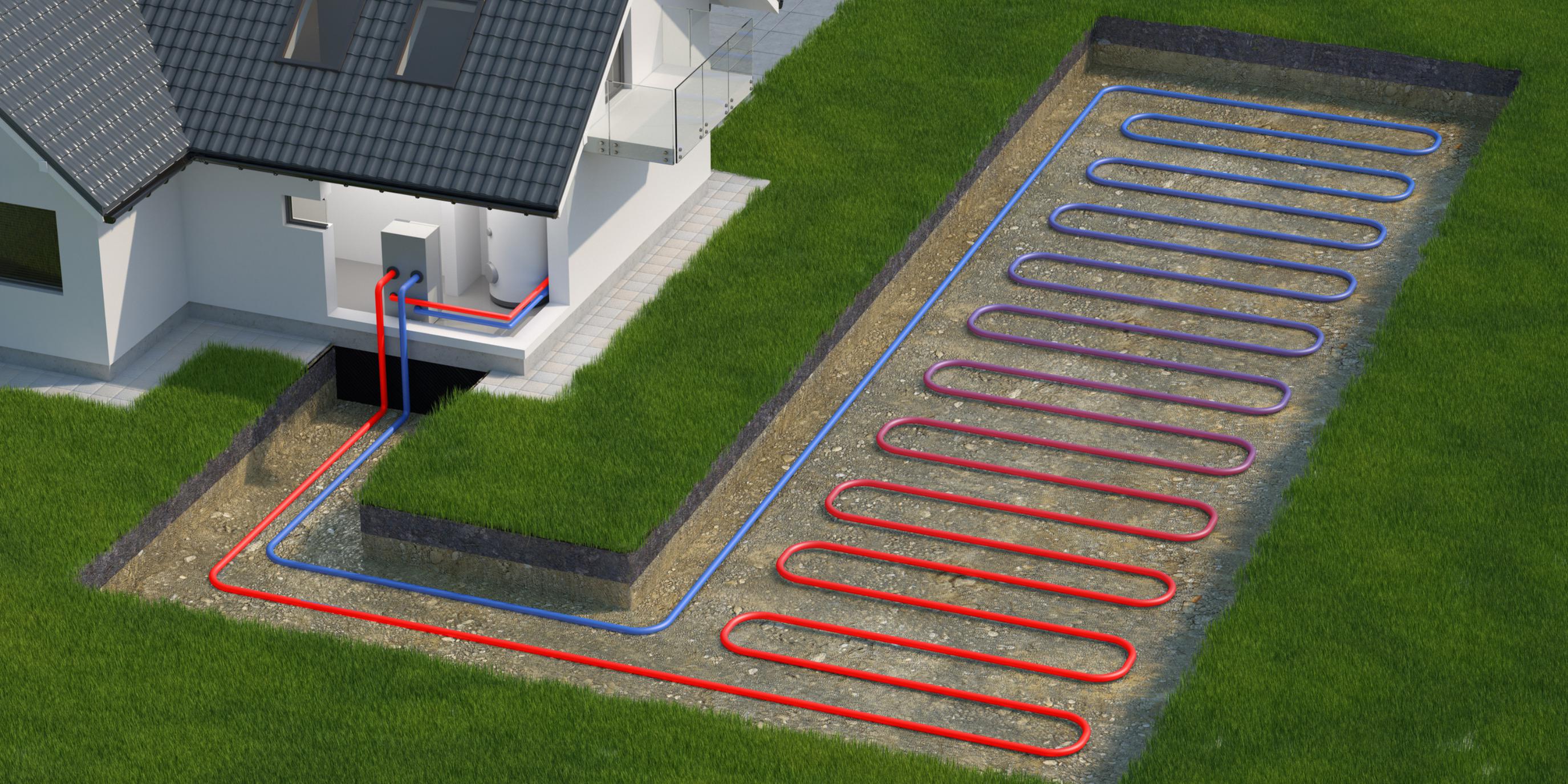
Is Geothermal Energy Renewable?
View Article
Energy Efficiency
Expert Tips
General HVAC
Home Life

How to Prepare Your HVAC System Before a Vacation or Trip
View Article
Expert Tips
General HVAC

HVAC Gifts for the Holiday Season
View Article
Expert Tips
General HVAC
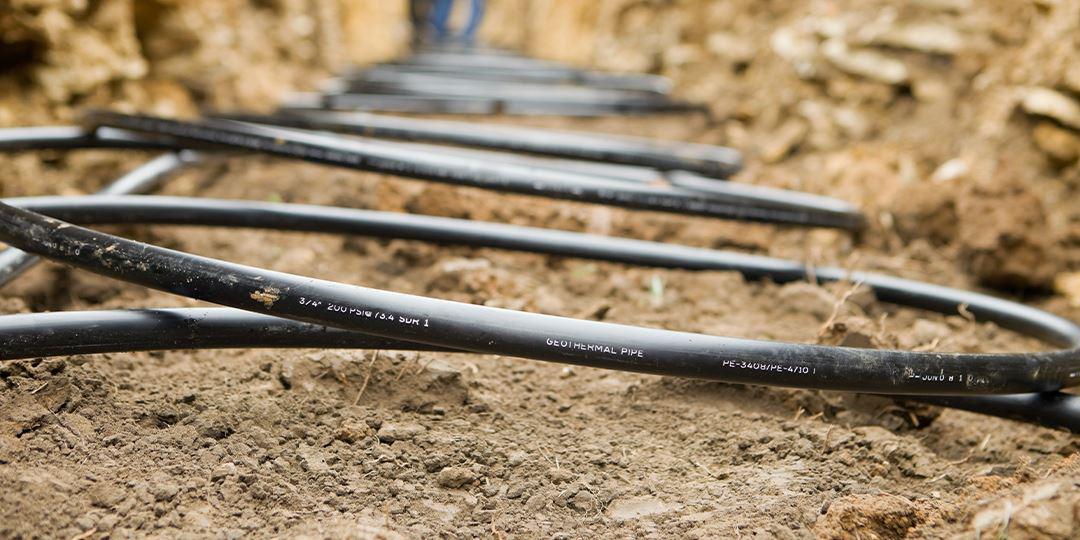
Geothermal Home Heating & Cooling: The Pros and Cons for Homeowners
View Article
Expert Tips
General HVAC
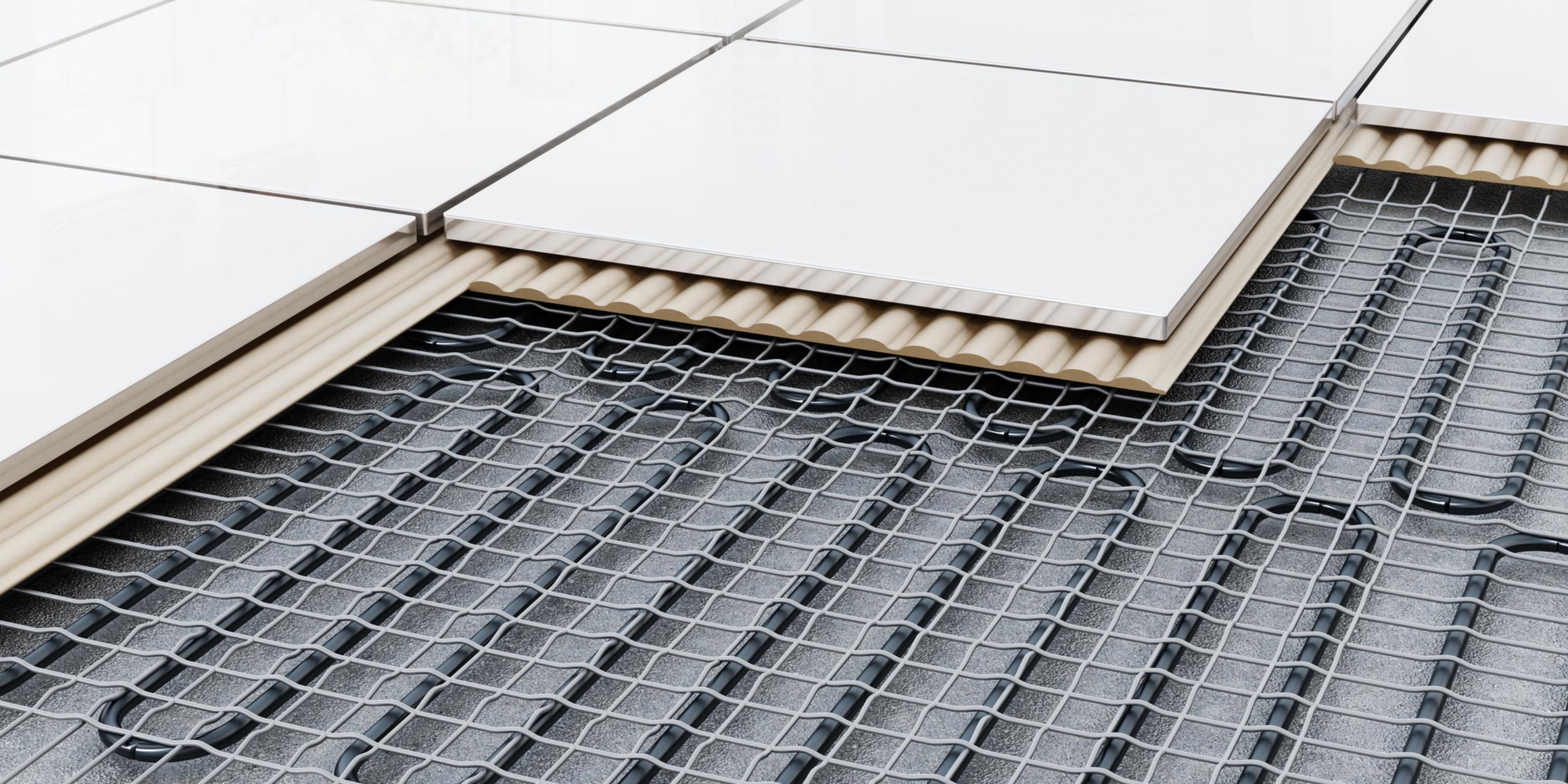
Use Outdoor In-Ground Heating for Convenience and Safety
View Article
Expert Tips
General HVAC

What Is Considered a Heating Emergency?
View Article
Expert Tips
General HVAC
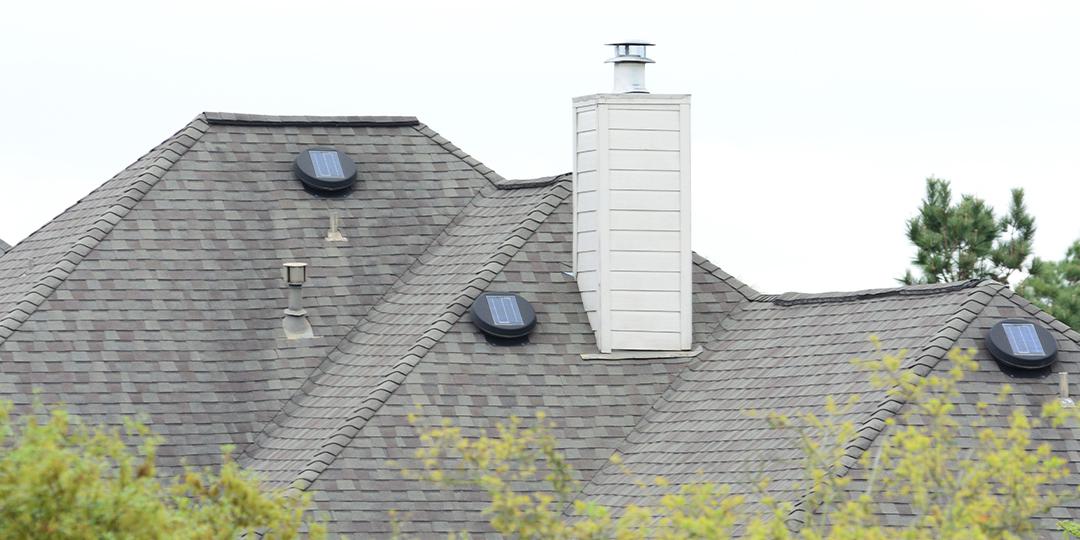
Are Attic Fans Worth It?
View Article
Expert Tips
General HVAC
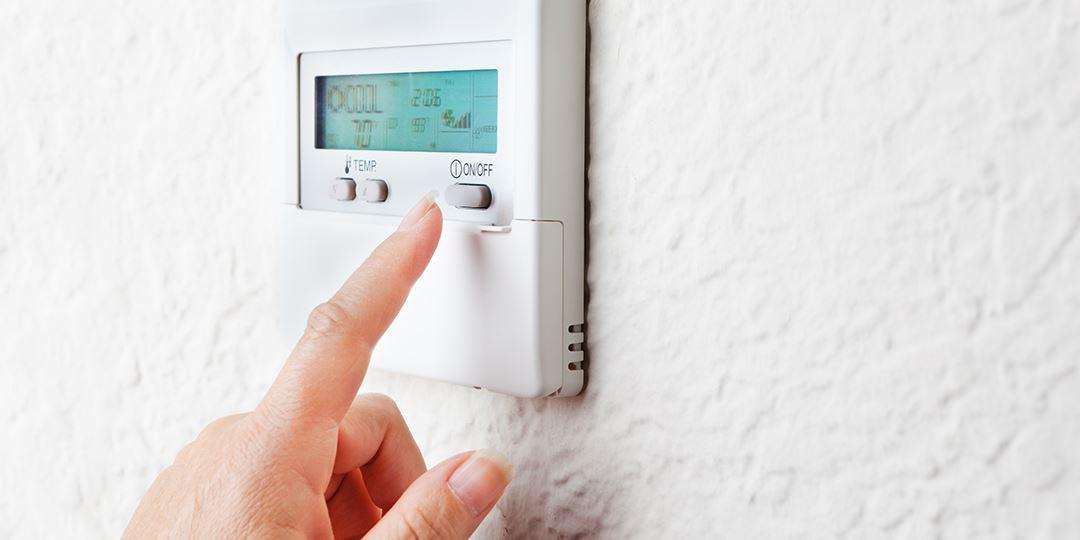
When Should You Turn off Your Heat in the Spring?
View Article
Expert Tips
General HVAC
Authority Brands is the leading provider of in-home services, building brands that support the success of franchisees as well as better the lives of the homeowners we serve and the people we employ.